What do edible water bottles and hand-stabilising gloves have in common?
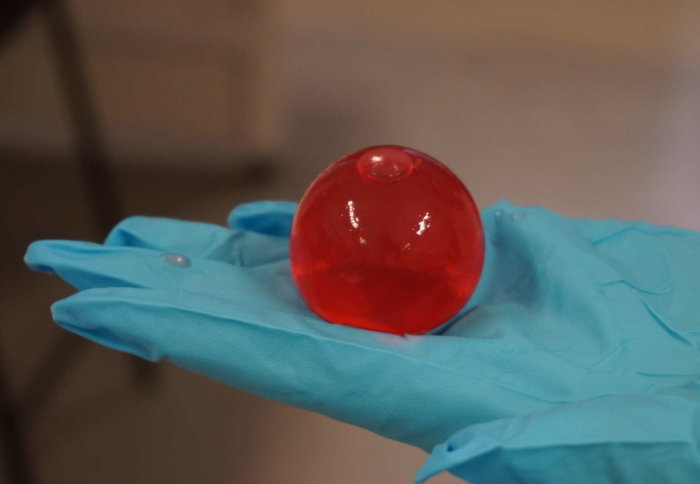
Ooho, a casing for water and other beverages
Imperial has launched its latest hunt for entrepreneurial students with game-changing ideas.
The Venture Catalyst Challenge (VCC), the College’s biggest entrepreneurial competition, challenges Imperial students to turn their ideas into new technologies, products and businesses.
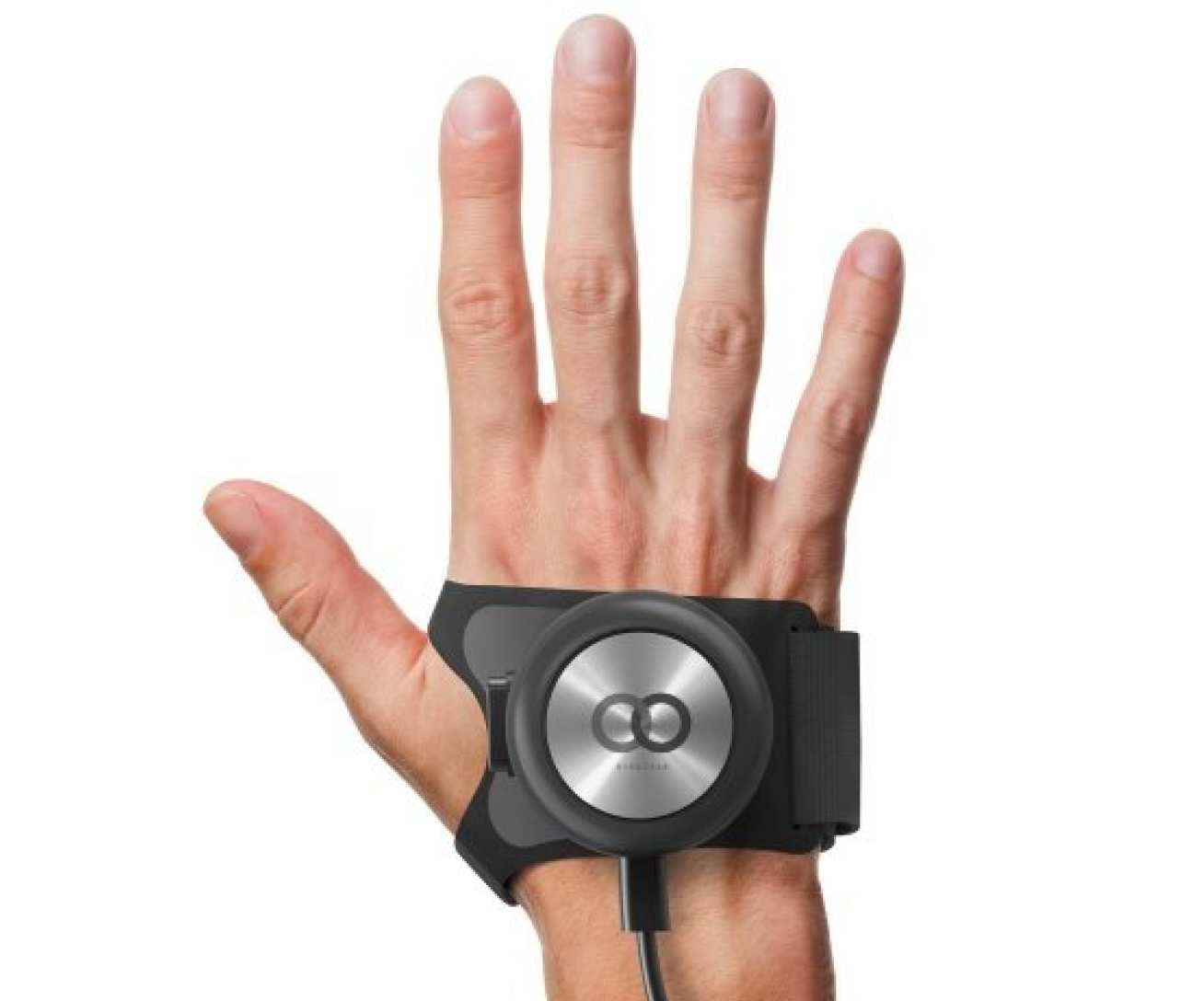
From tackling plastic pollution to boosting agricultural sustainability, the competition has led to scores of successful startups that are tackling some of the most pressing challenges facing society.
Run by Imperial Enterprise Lab, the VCC is powered by Blenheim Chalcot - the UK's leading venture builder. It provides access to an intensive seven weeks of masterclasses, coaching, and meetings with experts, before pitching in front of a live audience for funding to support their businesses.
This year the VCC is bigger than ever before, with more than £80,000 of funding up for grabs. For the first time, the competition will be split into five themes, with the winner of each track claiming £10,000, and a further £30,000 going to the overall winner at the showcase final on Thursday 21 March.
The themes are:
- Digital, Consumer & Fintech - sponsored by Legal and General
- Energy & Environment - sponsored by Shell
- Health & Wellbeing - sponsored by P&G Ventures
- Robotics & AI - sponsored by Amazon Robotics
- Social Impact - sponsored by Imperial College London
Applications for the VCC close at midnight on Sunday 20 January. Apply now.
The next big thing?
Meet some of the inspiring entrepreneurs to have grown from the VCC.
GyroGear
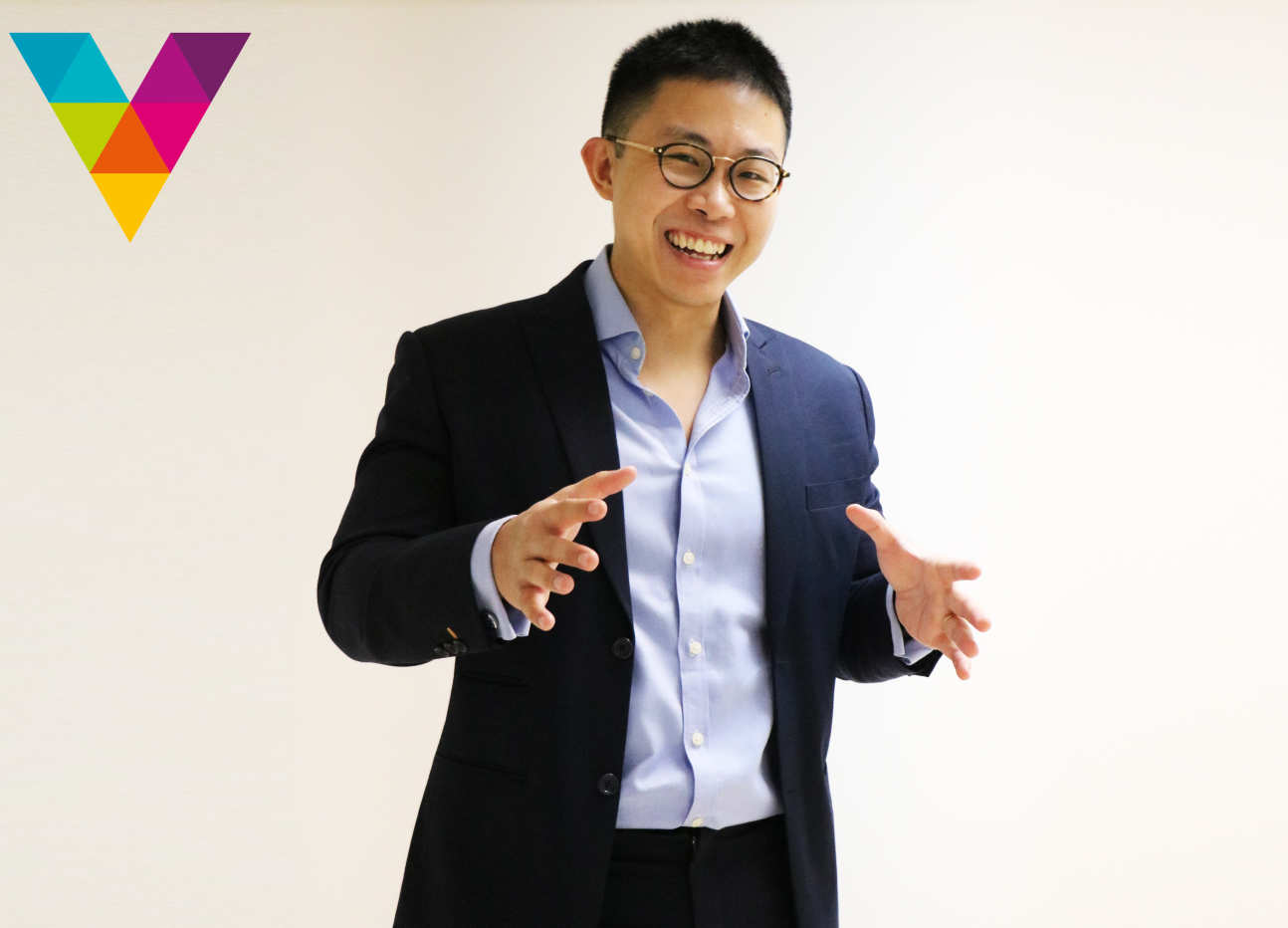 Dr Faii Ong is the founder of GyroGear, a startup developing wearable technology that can improve quality of life for people who suffer from hand tremors – such as those with Parkinson’s disease and Essential Tremor.
Dr Faii Ong is the founder of GyroGear, a startup developing wearable technology that can improve quality of life for people who suffer from hand tremors – such as those with Parkinson’s disease and Essential Tremor.
Their first product, the GyroGlove, uses gyroscopes to counteract hand tremors. This means that everyday tasks – such as eating, drinking and writing – can be performed more easily.
Faii came up with the idea for the GyroGlove, the first GyroGear product, while studying Medicine at Imperial. He was caring for a 103-year-old woman who was becoming increasingly frail and struggling to feed herself due to hand tremors.
Since participating in the VCC in 2014, GyroGear has received €1.8m through the Horizon 2020 SME Instrument, which supports ground-breaking ideas for products, services or processes with the potential to create entirely new markets or revolutionise existing ones.
Skipping Rocks Lab
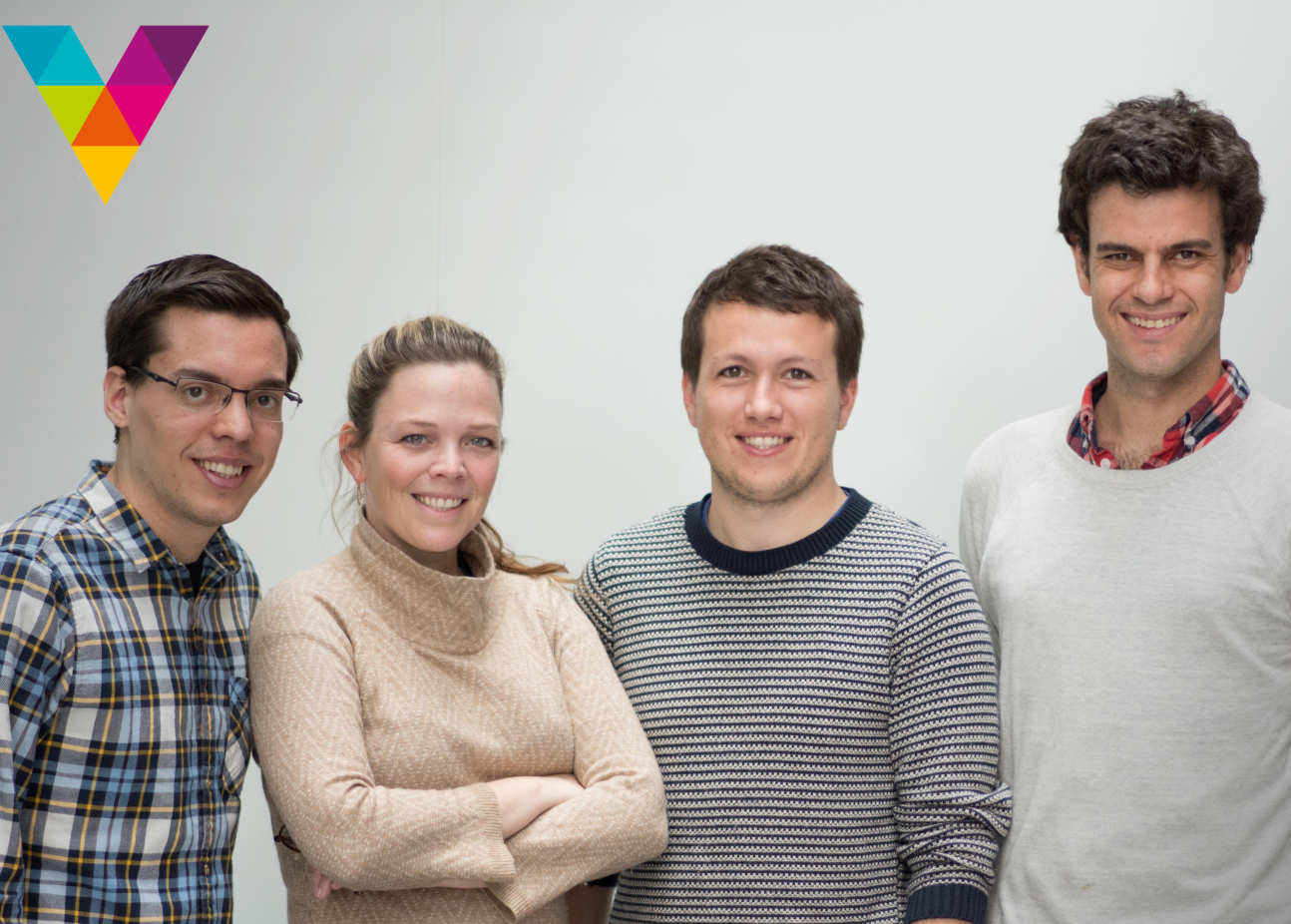 Skipping Rocks Lab, created by Pierre Paslier and Rodrigo Garcia, is making natural packaging products made from seaweed – including the world’s first ‘edible water bottle’.
Skipping Rocks Lab, created by Pierre Paslier and Rodrigo Garcia, is making natural packaging products made from seaweed – including the world’s first ‘edible water bottle’.
Their first product, Ooho, is an edible, tasteless and biodegradable membrane made from algae that can be used to contain water and other liquids in a small ‘bubble’.
The team, who are now based in Bethnal Green, have seen remarkable success. They doubled their crowdfunding target in just three days last year, and have sold 40,000 Oohos to date. This summer they contributed to London’s first 100 per cent “plastic free” half marathon in Harrow.
Skipping Rocks Labs have also been supported by EIT Climate-KIC, based at the Grantham Institute – Climate Change and The Environment.
FungiAlert
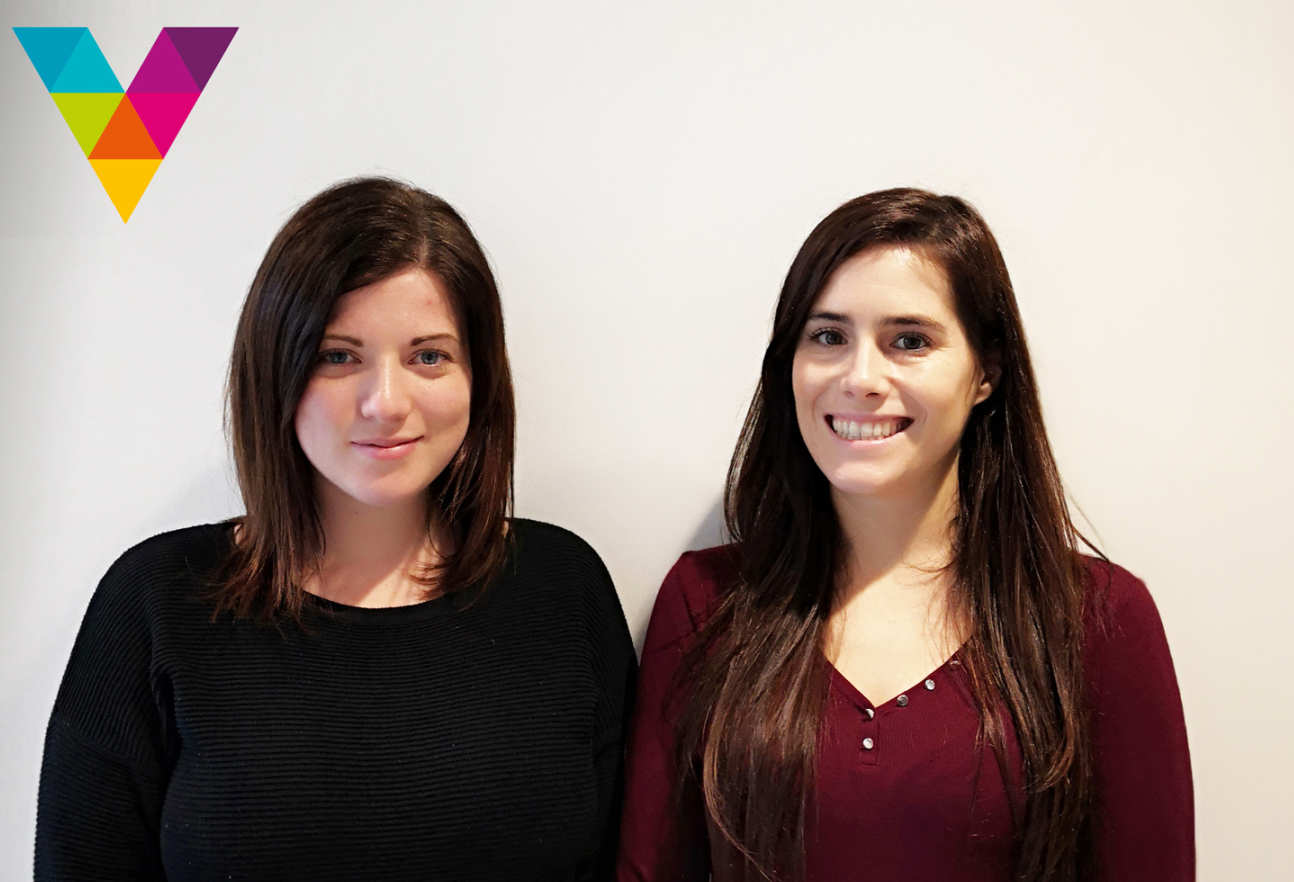 Founded by Kerry Weaver and Angela de Manzanos, FungiAlert are developing tools that allow for the early detection of plant diseases in soil.
Founded by Kerry Weaver and Angela de Manzanos, FungiAlert are developing tools that allow for the early detection of plant diseases in soil.
The team aim to boost agricultural productivity and sustainability, empowering farmers to protect their crops before they become infected.
FungiAlert won the VCC in 2015. Now they are based at Rothamsted Research Centre in Harpenden, the world’s longest-running agricultural research centre. Following successful paid field trials during the summer of 2018 with key stakeholders in the agricultural UK market, FungiAlert‘s technology and services were launched in October 2018.
ClickMechanic
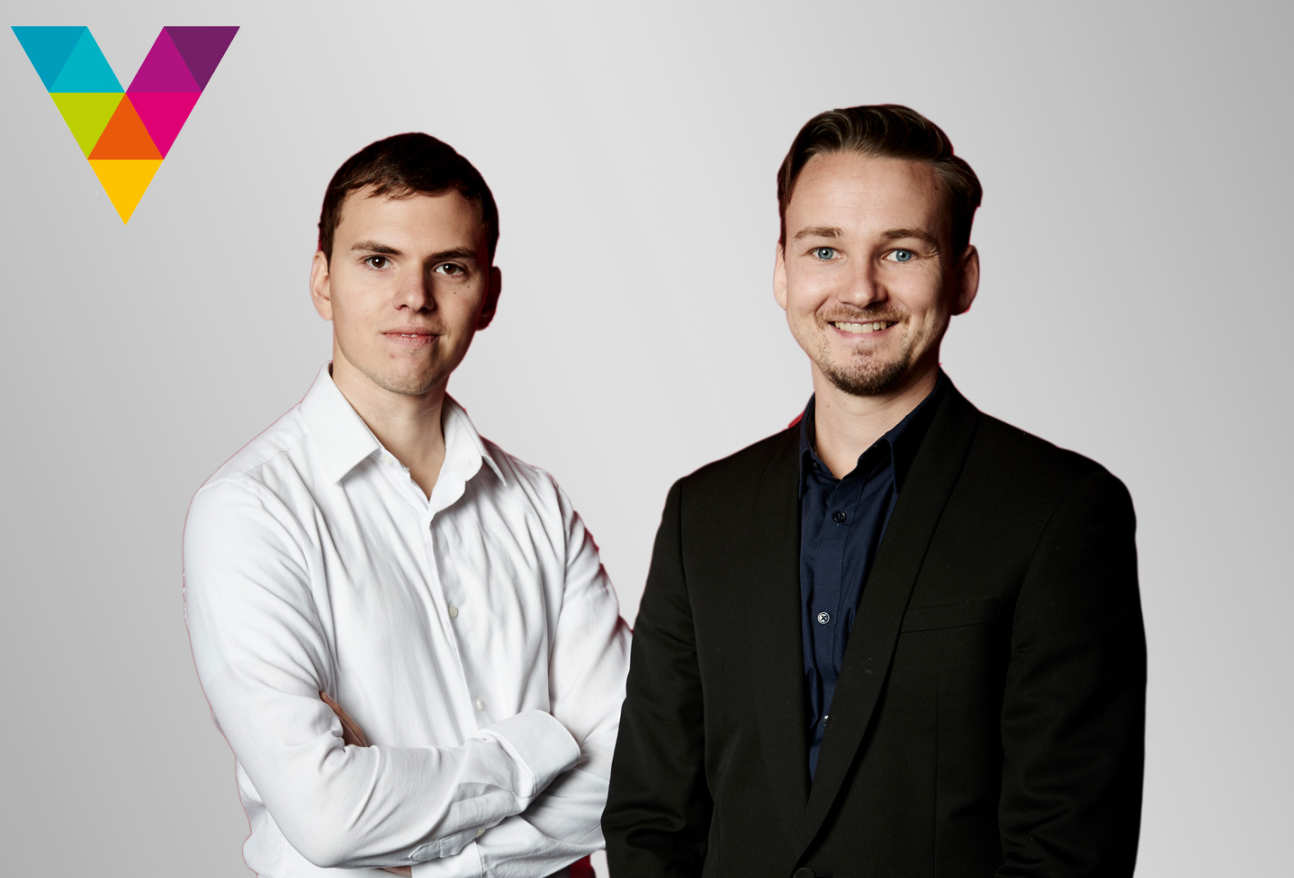 Click Mechanic, founded by Felix Kenton and Andrew Jervis, were the first ever winners of the VCC in 2013.
Click Mechanic, founded by Felix Kenton and Andrew Jervis, were the first ever winners of the VCC in 2013.
They have developed an online marketplace where customers can book car mechanics, helping bring trust, transparency and convenience to the automotive repair industry.
Five years later and ClickMechanic now has 30 investors and has raised £2 million.
The team have big ambitions for the future. Andrew said: “We are currently scaling up. Our vision is to be the largest online market place for automotive repairs in Europe.”
Momoby
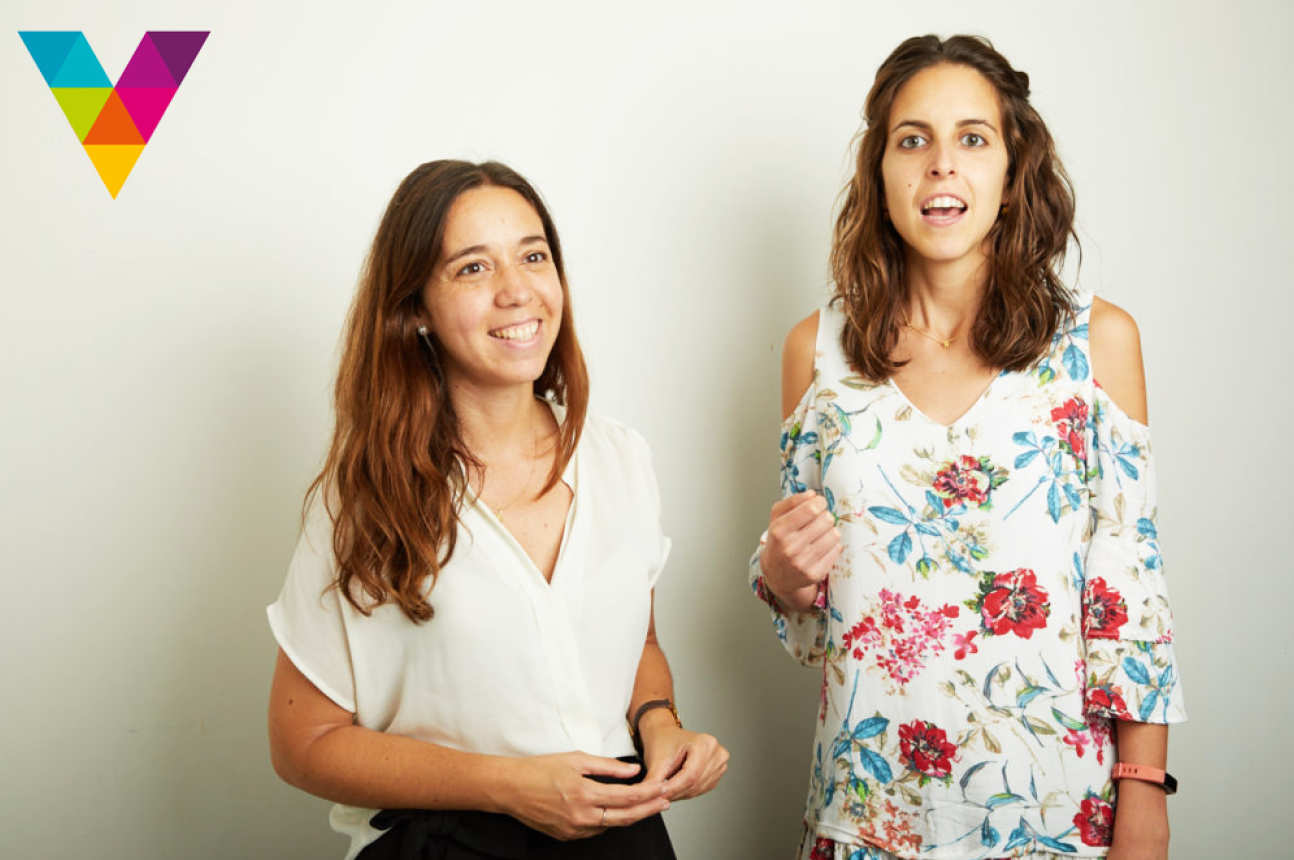 Momoby, founded by Ana Luisa Neves and Andrea Rodriguez-Martinez, is developing a small device that can test for diseases with a known impact on pregnancy by using a single drop of blood.
Momoby, founded by Ana Luisa Neves and Andrea Rodriguez-Martinez, is developing a small device that can test for diseases with a known impact on pregnancy by using a single drop of blood.
The World Health Organisation recommends that all women, wherever they are in the world, be tested for hepatitis, syphilis, and HIV. This is a challenge in isolated communities and developing countries, where testing can be unavailable or inaccessible. Momoby would allow for timely diagnosis, treatment and better health outcomes for both mother and baby.
The team won the 2018 VCC, and are currently looking for further investment to finalise the validation of the prototype.
Article text (excluding photos or graphics) © Imperial College London.
Photos and graphics subject to third party copyright used with permission or © Imperial College London.
Reporter
Deborah Evanson
Communications Division